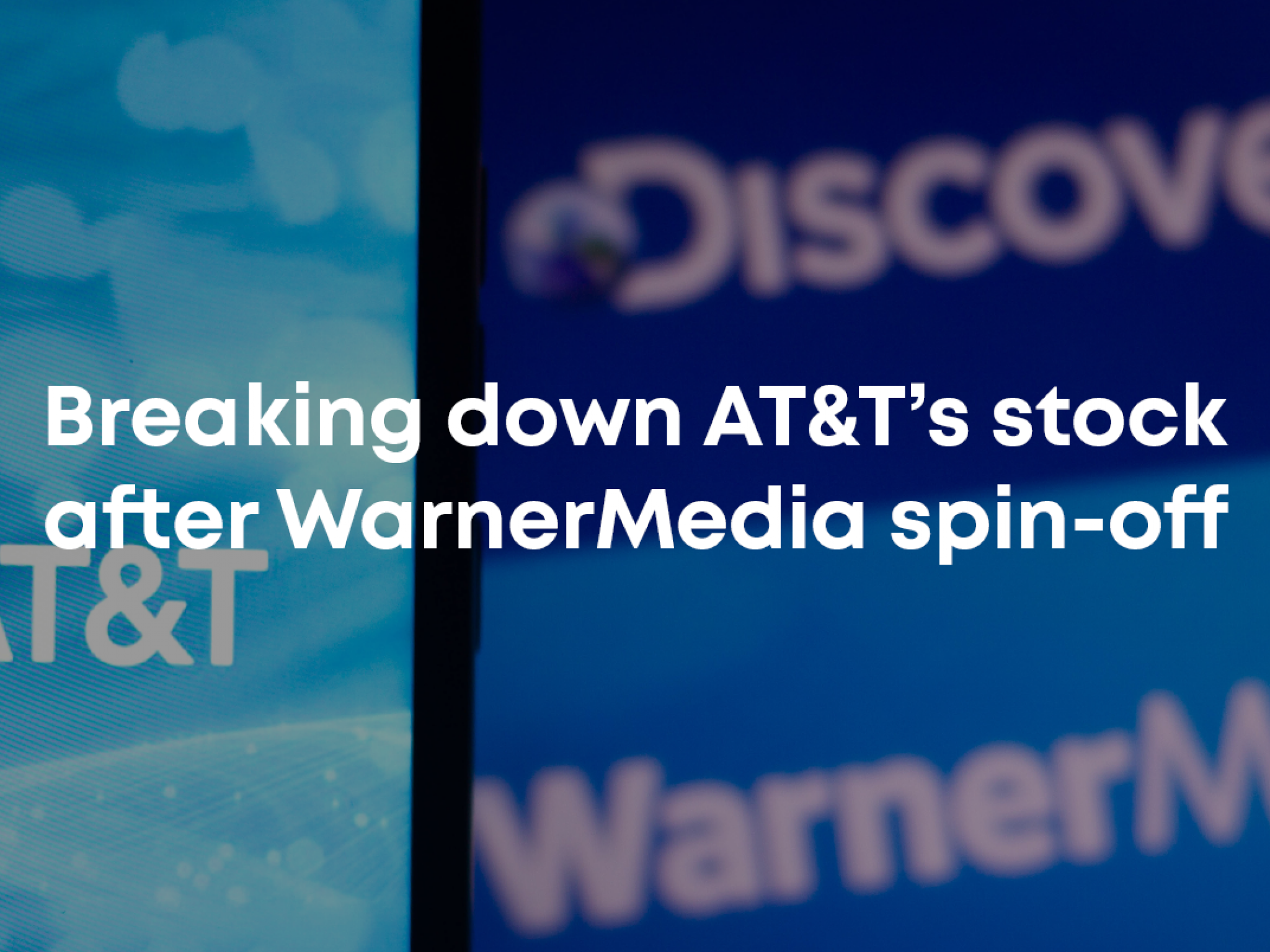
Nearly four years after fighting a hard battle to acquire WarnerMedia and accelerating its foray into the media business, AT&T (NYSE:T) has gone back to its roots to focus on being a telecommunications company.
On April 8, AT&T completed the spin-off of 100% of its interest in WarnerMedia, which owns subscription service HBO Max and film production company Warner Bros., and merged it with Discovery Inc. (NASDAQ:DISCA) to form a mega-streaming platform to better take on giants like Netflix (NASDAQ:NFLX), Apple’s (NASDAQ:AAPL) Apple TV, and Disney+ and Hulu by Walt Disney (NYSE:DIS).
Foray into media services
AT&T completed its $85.4 billion acquisition of WarnerMedia, formerly Time Warner, in 2018 about two years after first disclosing the move. The company had hoped to provide seamless media content through its direct-to-customer distribution. It subsequently rebranded Time Warner into what is now known as WarnerMedia.
WarnerMedia owns Netflix rival HBO Max, an over-the-top subscription service launched in 2020 with a ton of exclusive and original contents, as well as HBO classics.
However, in the years that AT&T acquired WarnerMedia, HBO Max still lagged Netflix, which continues to dominate the global streaming platform.
According to tech news platform CNET, Netflix remains the biggest streaming service provider in 2022, with Disney+, Hulu, Amazon.com’s (NASDAQ:AMZN) Prime Video, and HBO Max trailing behind.
The merger of WarnerMedia with Discovery to form Warner Bros. Discovery (NASDAQ:WBD) is expected to up both platforms' game against Netflix, Amazon, and Disney.
Since announcing the closing of the merger, AT&T’s stock has jumped 7% as of Thursday, April 14, but down nearly 14% on a year-on-year basis. Its rival, Verizon (NYSE:VZ) is also trading almost 8% down from a year ago.

NYSE:T D1
Bullish on AT&T?
Although AT&T’s stock remains below year-ago levels, many analysts remain bullish on the telco’s stock, citing its renewed focus on its core telco operations.
Bank of America analyst David Barden recently reaffirmed his buy rating on AT&T with a $25 price target, saying its shares are undervalued. Barden also noted that the spin-off of WarnerMedia will help ease the complexity of AT&T’s operations.
"With the deal now closed, the dividend reset, and the investor base stabilizing, we believe the stage is set for investors to begin focusing on AT&T’s improving fundamentals," Barden reportedly wrote in a note to clients.
JP Morgan analyst Philip Cusick also issued an upbeat outlook on AT&T’s stock, setting a price target of $22, urging investors to capture the discount on the company’s share price.
Focus on core telco business
Analysts now expect AT&T to double down on its wireless business and expand its fiber optic reach amid intense competition against rivals like Verizon in the broadband space.
In the fourth quarter of 2021, AT&T’s revenue fell to $41 billion from $45.7 billion a year earlier on the back of lower business wireline revenue, which was slightly offset by higher mobility and consumer wireline turnover, and strong revenue from WarnerMedia.
The absence of WarnerMedia’s results will likely weigh on AT&T’s financials in the near term, but its renewed focus on being a telecom pure-play company will make it more competitive against Verizon T-Mobile US (NASDAQ:TMUS) and other smaller players as it expands and improves its 5G wireless networks.
"Going forward, we aim to be America's best broadband provider powered by 5G and fiber, and defined by greater ubiquity, reliability, capacity, and speed,” AT&T CFO John Stankey said in a recent earnings call.
Stankey added that the company will focus on growing its subscribers and accelerating the pace of its 5G deployment.







